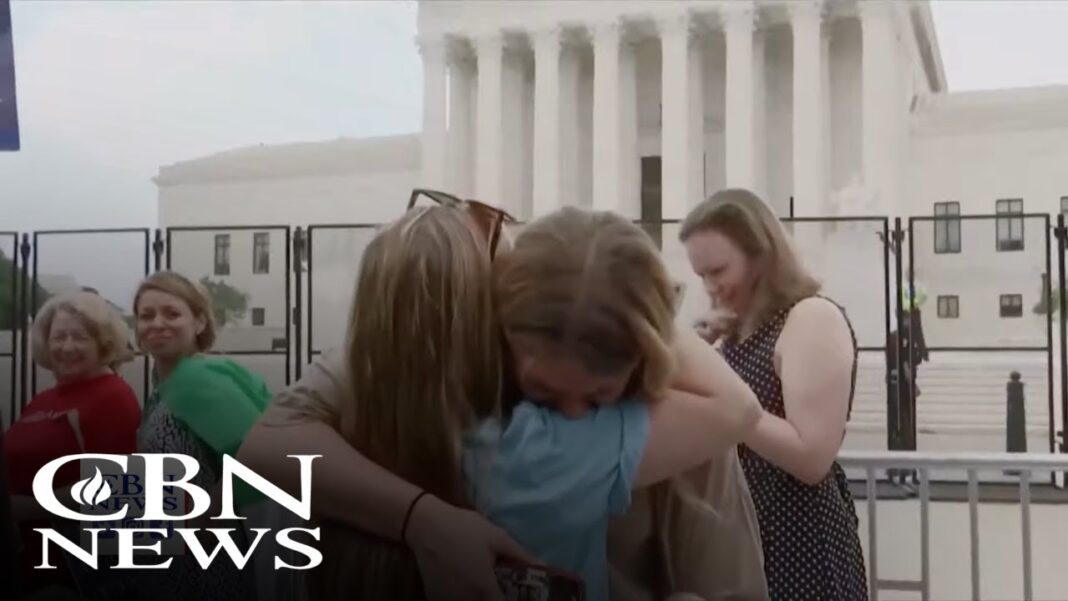The federal judge called the order ‘blatantly unconstitutional.’
A U.S. judge on Jan. 23 blocked President Donald Trump’s order limiting birthright citizenship.
U.S. District Judge John Coughenour after a hearing in Seattle issued a temporary restraining order that prohibits the Trump administration for 14 days from enforcing Trump’s order, which the president signed hours after taking office on Monday.
The White House did not immediately respond to a request for comment.
“This is blatantly unconstitutional order,” Coughenour told a lawyer with the U.S. Justice Department during the hearing.
The ruling was made in a case brought by the attorneys general of Arizona, Illinois, Oregon, and Washington state. It was one of several lawsuits lodged against the executive order.
Trump’s order was set to take effect on Feb. 19. It says that the federal government does not automatically recognize birthright citizenship for children who are born to illegal immigrants in the United States.
Historically, babies born on U.S. soil receive U.S. citizenship.
That’s based on court rulings interpreting the U.S. Constitution, which says in part that “all persons born or naturalized in the United States and subject to the jurisdiction thereof, are citizens of the United States.” Congress also passed a law containing similar language.
Trump’s order says that the Constitution’s citizenship clause “has never been interpreted to extend citizenship universally to everyone born within the United States” and “has always excluded from birthright citizenship persons who were born in the United States but not ‘subject to the jurisdiction thereof.’”
It clarifies that the federal government does not automatically grant citizenship to babies whose mothers are in the United States and whose fathers are neither U.S. citizens nor lawful permanent residents.
In their motion for a temporary restraining order, state officials said that Trump went beyond his powers with the order, describing it as “flatly contrary to the Fourteenth Amendment’s text and history, century-old Supreme Court precedent, longstanding Executive Branch interpretation, and the Immigration and Nationality Act.”
Without court intervention, the order would leave more than 150,000 babies born this year without citizenship because their parents are illegally in the country, according to the attorneys general.
Government officials said in response that the court should not issue a restraining order because the states have not suffered any injuries and because the plaintiffs are not likely to succeed.
“Ample historical evidence shows that the children of non-resident aliens are subject to foreign powers—and, thus, are not subject to the jurisdiction of the United States and are not constitutionally entitled to birthright citizenship,” government lawyers said.






